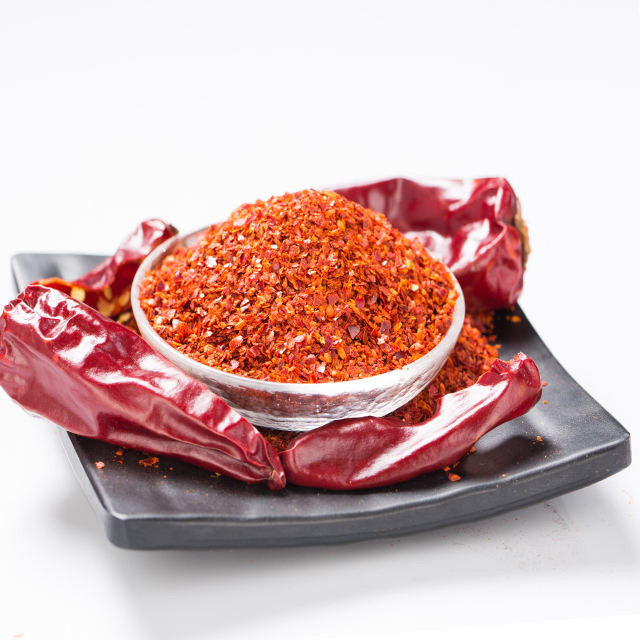يوليو . 26, 2024 22:07 Back to list
An Overview of Various Types of Chilli Flakes and Their Unique Characteristics
Types of Chilli Flakes Products A Flavorful Exploration
Chili flakes, also known as red pepper flakes, are a staple in many kitchens around the world. Their fiery heat and robust flavor make them a favorite seasoning for a variety of dishes, from pizza and pasta to stir-fries and soups. As people increasingly embrace global cuisines and spicy flavors, the popularity of chili flakes has soared, leading to a diverse array of products on the market. This article explores the different types of chili flakes and what makes each unique.
1. Traditional Red Chili Flakes
The most common type of chili flakes is made from crushed red bell peppers or dried red chili peppers, such as cayenne or chili de arbol. These flakes are often a blend of seeds and dried flesh, offering a moderate level of heat and a vibrant color. They are ideal for general use, allowing cooks to sprinkle them on dishes to introduce a subtle kick. Whether used in marinades, dressings, or as a table condiment, traditional red chili flakes add both flavor and visual appeal.
Originating from the Aleppo region of Syria, Aleppo pepper flakes are prized for their fruity flavor and mild heat. These flakes have a slightly sweet, tangy profile, making them a favorite in Middle Eastern cuisine. They are often used in salads, dips, and as a seasoning for grilled meats. The deep red color and coarser texture differentiate Aleppo flakes from traditional red chili flakes, enhancing their visual and textural appeal in various dishes.
3. Turkish Pul Biber
Pul biber, or Turkish chili flakes, are another popular variety that is known for its rich flavor and aromatic quality. These flakes are typically made from a specific type of dried pepper native to Turkey. They often combine a balance of heat and sweetness, along with a hint of smokiness. Pul biber is commonly used in Turkish cuisine, sprinkled over kebabs, mezze, and even yogurt dishes. The flakes are usually coarser, providing a satisfying crunch along with their distinct flavor.
types of chilli flakes products

4. Thai Chili Flakes
In Southeast Asia, particularly in Thailand, dried chili flakes are often made from specific varieties of Thai chili peppers. These flakes tend to be hotter than typical red chili flakes and are frequently used in Thai dishes such as soups, curries, and noodle dishes. The flavor profile of Thai chili flakes is often more intense, making them ideal for those who enjoy a higher level of spiciness. Additionally, they can be found mixed with other ingredients, such as garlic or salt, to create flavorful seasoning blends.
5. Chipotle Chili Flakes
Chipotle chili flakes come from dried and smoked jalapeño peppers, resulting in a distinctive smoky flavor that adds depth to a variety of dishes. These flakes are popular in Mexican cuisine and are excellent for seasoning barbecue, stews, and enchiladas. The unique smokiness can transform simple recipes into gourmet experiences, making chipotle flakes a favorite among culinary enthusiasts.
6. Spice Blends with Chili Flakes
Beyond individual types of chili flakes, many products combine them with other spices to create unique seasoning blends. These can include combinations like chili garlic flakes, which add a pungent garlic flavor to the heat of the peppers, or blends that include herbs for a more complex flavor profile. Such products cater to diverse culinary preferences and offer convenience for busy cooks looking to elevate their dishes without the hassle of mixing individual spices.
In conclusion, the world of chili flakes is rich and varied, with each type offering its unique flavor, heat level, and culinary application. Whether you prefer the traditional red flakes, the fruity warmth of Aleppo, the smokiness of chipotle, or a complex blend, there's a chili flakes product out there to suit every palate. As culinary exploration continues to grow, these spicy seasonings will remain essential ingredients in kitchens worldwide, enhancing dishes and adding a delightful kick to meals.

